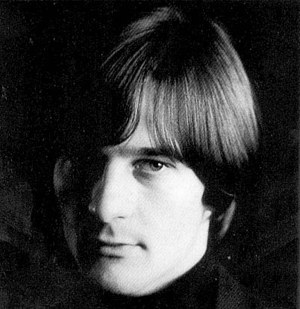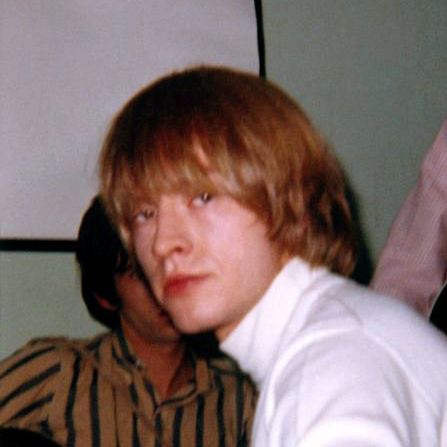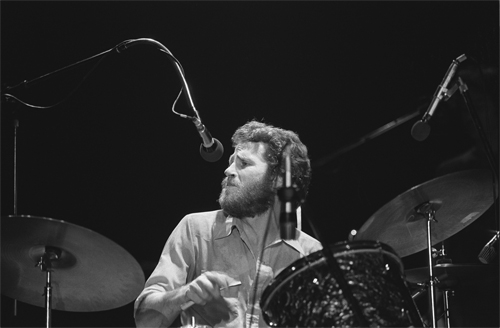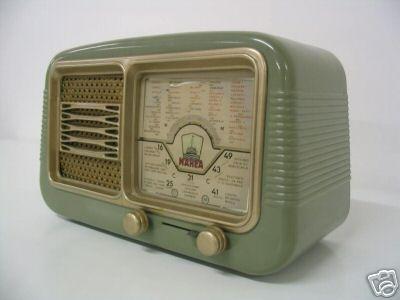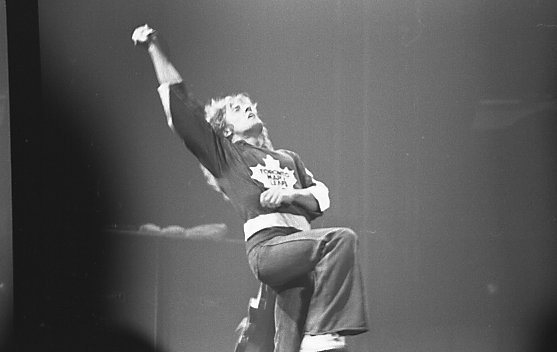Although it is not my number one music pick, sometimes only rock and roll will do.
I don’t mean “rock.” That is a more general term. I certainly don’t mean heavy metal or acid rock. They lack the roll.
To me, real rock and roll is urban and working class. It speaks of the experiences of urban, working class young people. It is musically simple, generally based on a repeated signature or riff. More than three chords is suspect. And it does not end with a finale or have significant variations. It just drives that riff like a motor turning. Life is a highway.
What are some classic examples?
The music of the Beatles is much more diverse than only rock and roll, but when they do rock and roll they can be as good as anyone. They have two great rock voices in McCartney, who can do a Little Richard swoop, and John Lennon, who has a soulful crack in his voice. Both have written great rock and roll songs.
Rolling Stones have long billed themselves as the “world’s greatest rock and roll band,” and I am not inclined to contest the claim. Musically, they are well behind the Beatles; they have only one decent vocalist, and Jagger is no better than decent. Neither Richards nor Wood, nor Jones before him, are really top rank guitarists. Watts and Wyman were great, but neither a bassist nor a drummer can carry a band. Still, this is rock and roll, a kind of folk music. Exemplary musicianship is beside the point. The point is if you can strike the right tone consistently. The Stones have kept it up longer than anyone.
Travelling Wilburys: the greatest of supergroups. As with the Beatles, you have the great swoop of Roy Orbison’s voice on the high notes. You have great rock songwriting, largely from George Harrison. These guys were having fun together, and that energy is what you want for rock and roll. You want the feel of busting loose.
Buddy Holly and the Crickets sound a little too bouncy and upbeat for contemporary tastes, but they deserve special recognition as pioneers. The songs still hold up, although Linda Ronstadt does a better “When Will I Be Loved” than Holly did. They were experimenting, and so can be forgiven. They must have been mindblowing in their day.
The Animals: I always thought Eric Burdon had a great rock voice, pitched towards the blues. As a bassist, I admired Chas Chandler’s runs, and Alan Price was great on the keyboard. He did marvellous solo work later. I wish the original group had stayed together longer. Burdon went weird when he went solo, and did things that did not suit his voice. They were best when they stuck to classics; but that perhaps limited their repertoire and so their potential to last.
Mitch Ryder and the Detroit Wheels. Some claim Detroit is the true and original home of rock and roll. Sounds right—the home of the automobile. Nobody did the good old straight-up full-tilt rock and roll any better than the Detroit Wheels.
Notably absent from my list:
The Who. “My Generation” has some claim to being one of the best rock and roll songs, but often I find them embarrassing. Trashing your instruments on stage is a cheap gimmick. Swinging the microphone or windmilling your arm to simply play a chord are cheap gimmicks. Keith Moon was too busy showboating on the drums to keep a steady beat, and John Entwhistle did solos instead of keeping the rhythm. That’s not rock and roll; because it’s lost the roll. I call kitsch.
The Beach Boys; are magnificent, but they’re art rock. Too complex musically for r&r.
The Yardbirds too were too musically sophisticated and too artistically ambitious to be truly rock and roll. Led Zeppelin were too metallic. Cream lacked the roll.
Some individual songs from other groups deserve mention. You can’t do better than “Dirty Water,” by the Standells. But they were a one-hit wonder. Same for “96 Tears.” “Walk of Life” by Dire Straits is fine r&r; but Dire Straits generally is too musically complex for rock and roll. “You Really Got Me,” by the Kinks; but the Kinks are more art rock. Manfed Mann could rock, on “The Mighty Quinn.” But more generally, more towards jazz rock.
I’m arbitrarily limiting this to groups. Hence no Sister Rosetta Thorpe, Little Richard, Chuck Berry, Bob Dylan, Bob Seger. I have not forgotten.
No headbangers here. No hard drugs, Just good times, beer, girls, and fast cars.













